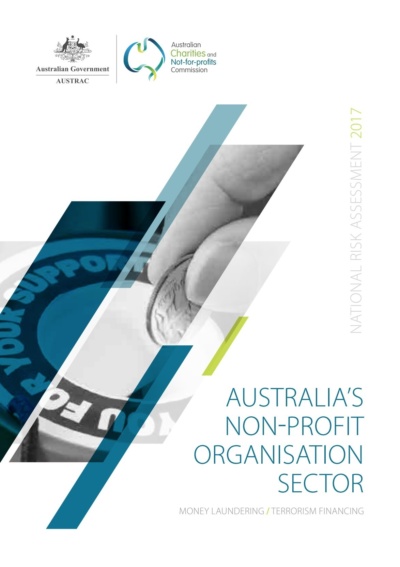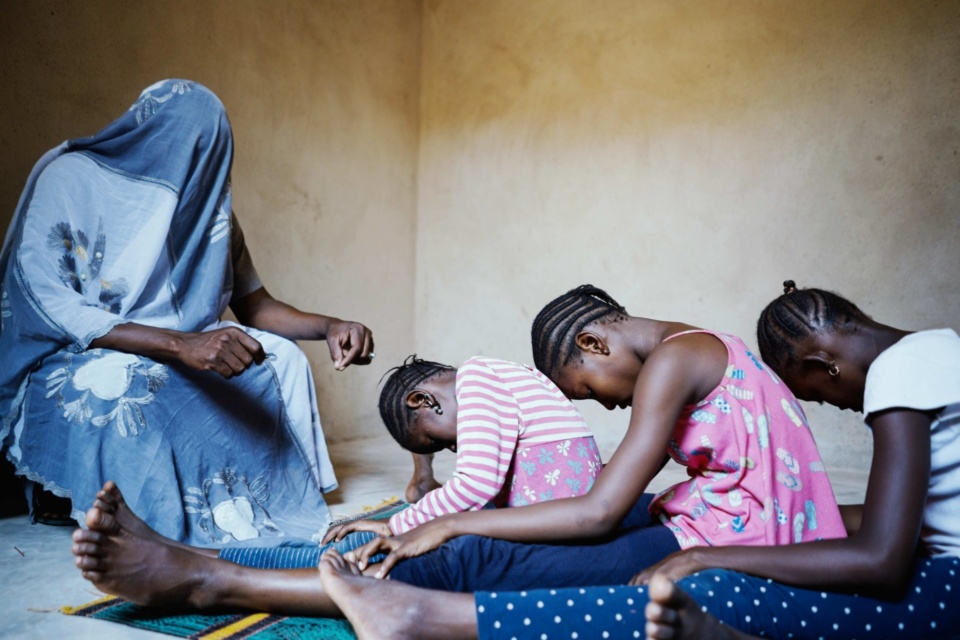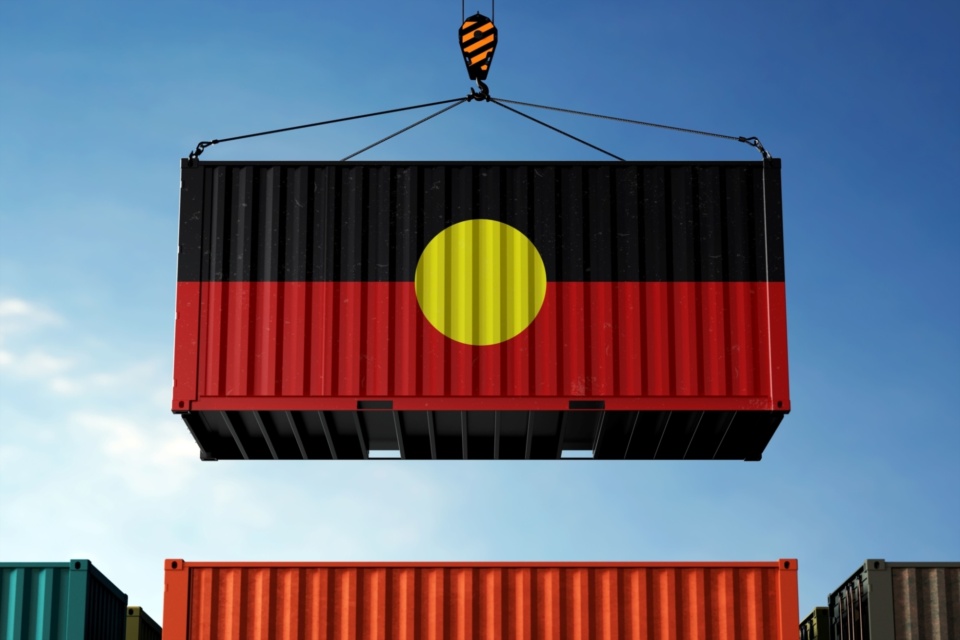National giving campaign launched - updated
Posted on 28 May 2025
A national philanthropy campaign aimed at redefining how Australians can give more to help those…
Posted on 03 Dec 2024
By Greg Thom, journalist, Institute of Community Directors Australia

The Australian charity and not-for-profit sector is increasingly likely to be targeted by malevolent actors seeking to finance religiously motivated violent extremism, according to security experts.
The sector's vulnerability to exploitation through terrorism financing was revealed in a recent online briefing tailored for charities and NFPs delivered by the nation’s financial intelligence and anti-money-laundering agency AUSTRAC.
AUSTRAC's manager of industry education and outreach, Emma Salik, said charities and NFPs were most at risk of exploitation when undertaking fundraising.

“Over the next three years religiously motivated violent extremism actors will likely continue to exploit registered charities and legitimate NPOs (non-profit organisations) to raise funds for overseas terrorist activities,” she said.
“NPOs [non-profit organisations] provide a seemingly legitimate avenue to attract funds from both witting and unwitting donors and it is challenging to successfully disrupt or prosecute their operations given the lack of visibility of pathways offshore,” said Salik.
While ideologically motivated extremists are unlikely to make charities and NFPs a key financing avenue given their successful use of other channels to raise funds, Salik said the risk to the sector was still real.
“Links between these actors and legitimate NPOs warrant monitoring by authorities.”
The warning follows recent confirmation by the Australian Charities and Not-for-profits Commission (ACNC) that it has been investigating several Australian charities over links to terrorist organisations and terrorist financing.
Salik said the security outlook for the charity and not-for-profit sector was constantly evolving.
“The intelligence picture regarding the misuse of registered charities and legitimate NPOs for terrorism financing by ideologically motivated violent extremism actors is developing,” she said.
“These NPOs do not appear to be funding violent activity but are likely a vehicle to spread propaganda and undertake recruitment activities.”
“Over the next three years religiously motivated violent extremism actors will likely continue to exploit registered charities and legitimate NPOs to raise funds for overseas terrorist activities."
In 2017 AUSTRAC and the ACNC released the National Risk Assessment an evaluation of the money laundering and terrorism financing risks in the Australian charity and NFP sector.
In the years since, Salik said authorities have invested heavily to better understand, monitor and disrupt terrorism financing and the misuse of charities and NFPs in Australia and across southeast Asia.
This has resulted in multiple charities having their registrations revoked.
Indonesian authorities have also listed an Australian NFP and its main Australian facilitator for targeted financial sanctions.
Salik said the National Risk Assessment had identified several vulnerabilities for Australian charities and NFPs in regard to financial exploitation by terrorist organisations.

It had also found a wide variation in the level and sophistication of risk mitigation strategies employed by charities and NFPs.
The evaluation concluded that large international organisations better understood and were able to limit their terrorism financing risks because of their access to resources and governance expertise.
In some cases, this resilience was also strengthened by requirements by funding bodies for effective financial control and acquittal.
Salik said small and medium NFPs, in contrast, tended to rely on trust-based relationships with individuals or partner organisations to deliver projects overseas.
She said their lack of understanding of their terrorism financing risks meant “they may not have adequate mitigation strategies in place.”
The National Risk Assessment found NFPs that were more vulnerable to terrorism financing demonstrated one or more of the following characteristics:
Salik said charities and NFPs can be established with the genuine intent to undertake charitable activity yet become vulnerable to unintended illicit diversion happening downstream.
“What this looks like usually is that an NPO was acting in good faith, but it has limited control and ability to ensure funds are used for their intended purpose.”
Posted on 28 May 2025
A national philanthropy campaign aimed at redefining how Australians can give more to help those…

Posted on 05 Mar 2025
This year’s social impact high achievers come from a family dispute resolution service, a…

Posted on 05 Mar 2025
An alarming epidemic of weaponised gender-based violence is silently escalating in the shadows of…

Posted on 17 Feb 2025
A new report has called for the introduction of a legally enforceable right to housing across the…

Posted on 15 Feb 2025
Bitterly disappointed charities have slammed the passing of new electoral reforms they claim will…

Posted on 14 Feb 2025
The Trump administration's gutting of USAID threatens to undermine decades of progress in…

Posted on 13 Feb 2025
While Australia has had some trailblazing female politicians over the years, the road to political…

Posted on 12 Feb 2025
The election of Donald Trump as US president is an expression of a pervasive cultural shift away…

Posted on 11 Feb 2025
Charity and not-for-profit organisations have banded together to voice their concerns that the…

Posted on 10 Feb 2025
The hiring Indigenous business managers by non-Indigenous businesses can help close the employment…

Posted on 10 Feb 2025
The targeting of a Geelong food relief charity by brazen thieves who cleaned out the organisation's…

Posted on 10 Feb 2025
Australian parents are banding together to ensure their kids are not robbed of their childhoods by…